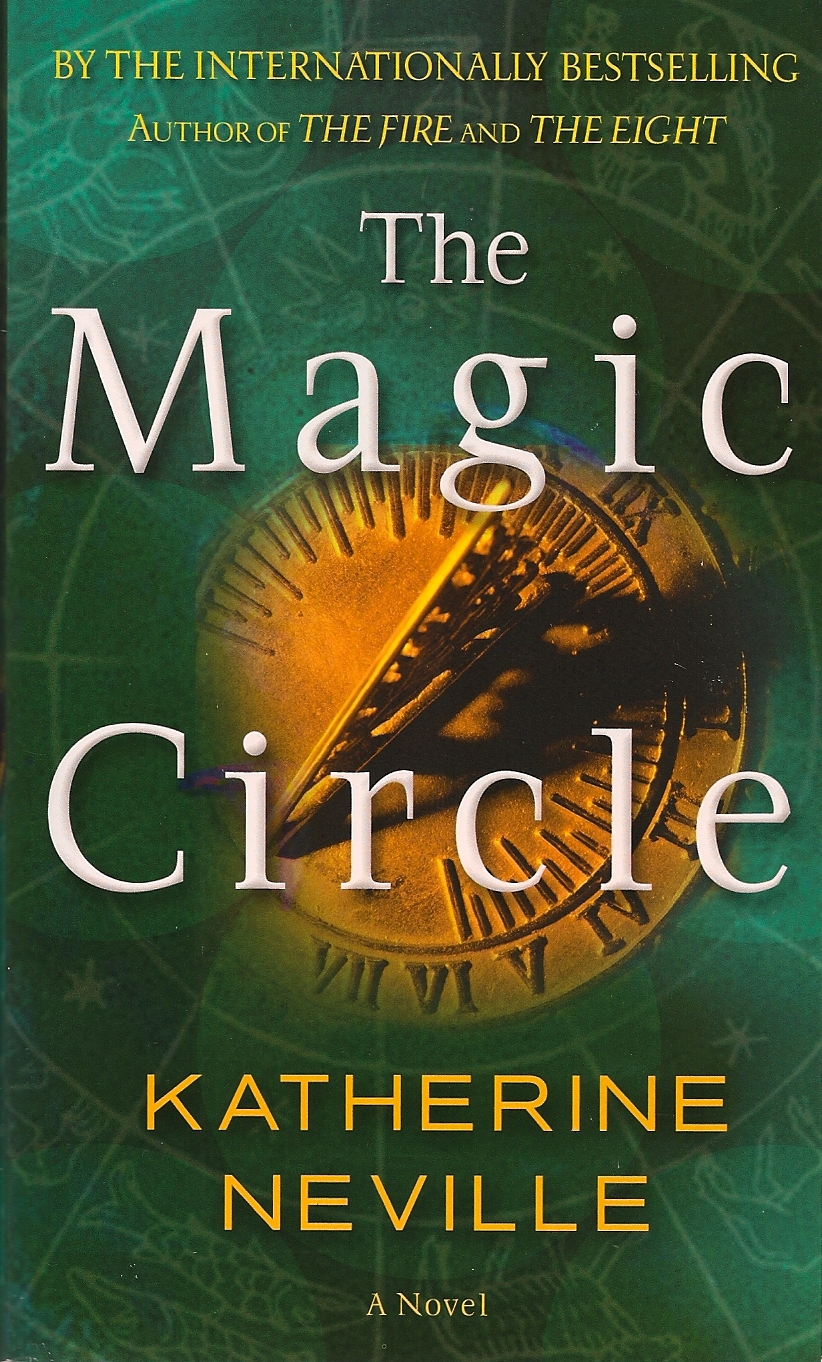

A whole lot to say about what it’s like to make games in the modern video game industry. For a game that is about grand ideas betrayed by shaky execution, it’s tempting to explain the lack of substantive content as more sneaky meta-commentary, but while the idea makes me smirk, I don’t think it’s good enough to give the game a free-pass.īut The Magic Circle isn’t just about the gameplay, it has a message.
THE MAGIC CIRCLE AUDIO LOGS FULL
The runtime is already short, and a good chunk of it is taken up with monologues that occasionally veer into full on lectures as well as multiple epilogues.

While the central conceit is fun, you don’t spend as much time playing with it as you’d hope. While The Magic Circle has a compelling third act and some neat surprises to throw at the player (sometimes with the intent of harm), it’s hard not to feel like the game is a little thin on the whole. At one point I ended up changing the name of the game to “ Duke Nukem Presents The Magic Circle” and I giggled at my handiwork off and on for the rest of the night. Being able to re-name every creature you hack so you can make your own fun. Little details like picking up copies of your own avatar to increase your health (represented by placeholder art that looks like a cylinder with arms). Similarly, there are no limits on how you can swap abilities so it’s easy to make truly ridiculous creatures, like a flying demon puppy with a railgun mouth.īut aside from the obvious circus-show of zaniness, there are tons of small jokes and clever winks. For example, there is no upper limit on how many creatures you can have following around you at once, so things can, and likely will, easily devolve into chaos as you walk around with a fire-spewing zoo trailing behind you. Silly decisions abound, like the developers (the real ones) always went with the fun idea rather than the easy or clear one. The comedic tone of the writing and performances feed right back into the gameplay. I love that feeling, it’s beautiful when games that are confident enough in themselves to not only let that happen, but applaud the player for doing so. Many of the puzzles (such as they are) can be solved in so many ways that I was almost always unsure if I did it the “right” way, or if I just bent and broke things until the pieces all fell where I hoped they would. The flexibility of the editor, what you can do with a few swapped abilities here, a slight behavioral shift there, is astounding.

Once the tutorials are over and the rather unorthodox premise established, the middle chunk of the game opens up into a sandbox that has you solving puzzles and indirectly slaying monsters by breaking all the rules. The result has a pleasing effect, satellite dishes and broken bits of star ships poking out of the cliched castle walls of Ishmeal’s would-be opus, an army of weaponized mushroom men following at your heel. Frankenstein, ripping bits and pieces off of creatures and stitching them back together to make your own beautiful little monster babies. Sometimes you play the part of a technological necromancer, finding content in the limbo of vaporware and dragging it back into the game. Then he sets you loose, a poltergeist in the programming, hacking in features, resurrecting cut content. Something that seems vaguely sinister, with its own agenda, an axe to grind against “the gods” as he calls the developers. If the project wasn’t already doomed by constant redesigns, oversized egos, and feature-creep, things take a surreal turn when something reaches out to you. A world made of patchwork fixes and temporary assets while the developers, represented as giant floating eyes, loom overhead, changing things by whim. Inserted into the game as a nameless play-tester, you see the drama play out in front of you. A monochromatic fantasy world (that was a Doom-like sci-fi game for the first ten years of development) and probably the worst game ever made. The long awaited sequel to his beloved fantasy game 20 years in the making, mocked as vaporware by detractors and seen as the holy grail by his fans. The Magic Circle (the aforementioned meta-game inside of this real life title) is Ishmael “Starfather” Gilder’s brainchild.


 0 kommentar(er)
0 kommentar(er)
